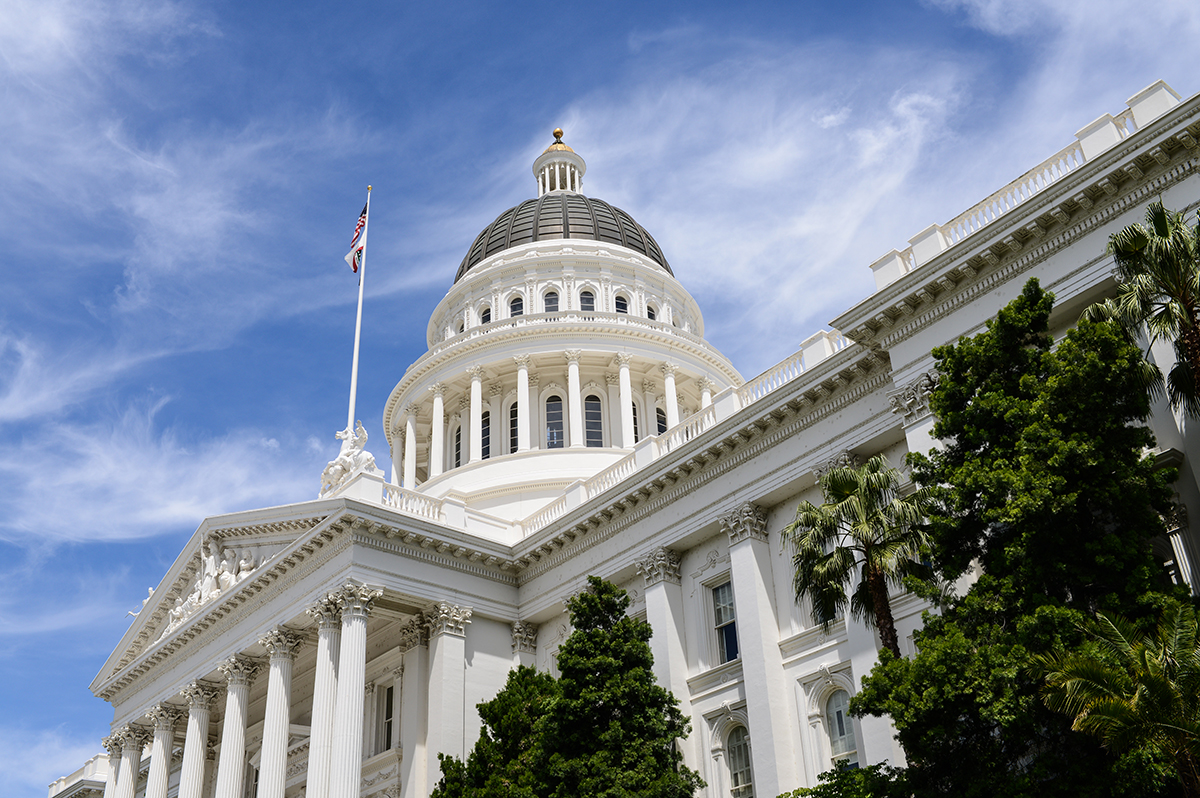Late Thursday evening, the Legislature wrapped up its business for the 2023 legislative session. As bleary-eyed lawmakers travel home today for the fall recess, what is the biggest story of this year’s legislative session?
This year’s legislative session will go down as perhaps the most successful legislative session ever for California progressives. Labor and leftists truly flexed their political muscle this year, overcoming the opposition of the so-called moderate Democrats and the business community to advance virtually every legislative priority they had.
Here are a few examples:
- Enacting a stepping-stone approach to single-payer health care (Senate Bill 770)? Check.
- Giving away unemployment benefits to striking workers so they prolong strikes for months (Senate Bill 799)? Double check.
- Creating a new $25 minimum wage for “hospital workers” that will put many hospitals at financial risk (Senate Bill 525)? You betcha.
- Impose new climate change disclosure rules on California companies that would increase costs on consumers (Senate Bill 253)? Mission accomplished.
It used to be that taxpayers could breathe a sigh of relief today now that the Legislature has adjourned for the year. But hard-working Californians are growing increasingly worried even though lawmakers are going home for four months, massive taxes, spending and government control are just around the corner thanks to what lawmakers did this year.
Looming ballot measures advanced by the Legislature (ACA 1 and ACA 13) threaten to pave the way – if one can imagine – for even more progressive gains through measures pending voter approval to weaken both direct democracy and taxpayer protections in the State Constitution.
And to grease the wheel even more, legislative liberals with the assist of Gov. Gavin Newsom changed the initiative process through Assembly Bill 421 to make it more complicated to convince voters to repeal bad laws passed by the Legislature through the referendum process.
Part of it is pure math – the makeup of the Legislature is much more liberal following the 2022 elections. More reasonable Democrats were replaced by more progressive ones. And with such large supermajorities in both houses of the Legislature, a bill sought by progress can lose 10 or more moderate Democrats voting no or abstaining, yet still have more than enough votes to pass both houses with ease.
Much was made about how differently new Assembly Speaker Robert Rivas would govern the Assembly compared with his predecessor Anthony Rendon. While Rivas is clearly more pragmatic (see his actions intervening to save SB 14 regarding penalties against human trafficking), he very much took a hands off approach.
Bills where legislative leadership would have usually blocked in the Appropriations Committee not only advanced, but made it to the Governor’s desk. It’s too early to tell if this will be a pattern for Rivas. He promises changes on committee chairmen and membership will come before the Legislature reconvenes in January. It could all be chalked up to Rivas trying to get his sea legs before throwing his weight around. His stamp on the Assembly’s legislative priorities will be an interesting one to watch in 2024.
Now the action shifts to Gov. Newsom. While Newsom, like his predecessors, typically does not comment on bills before they reach his desk, he could ultimately make a big year for progressives not so great.
He hinted as much earlier this week at the Politico California launch event in Sacramento where he voiced his skepticism, telling the crowd, “I think one has to be cautious about (the state’s $18 billion unemployment debt) before you enter the conversation about expanding its utilization.” At the same event, he also didn’t hesitate to puff out his chest to promote his laundry list of liberal accomplishments.
Given his track record, Californians shouldn’t hold their breath that a governor trying to impress liberals across the country for a future national campaign will throw too much cold water on the priorities of progressives in his own state.
Tim Anaya is the Pacific Research Institute’s vice president of marketing and communications.

